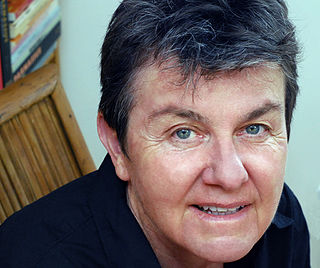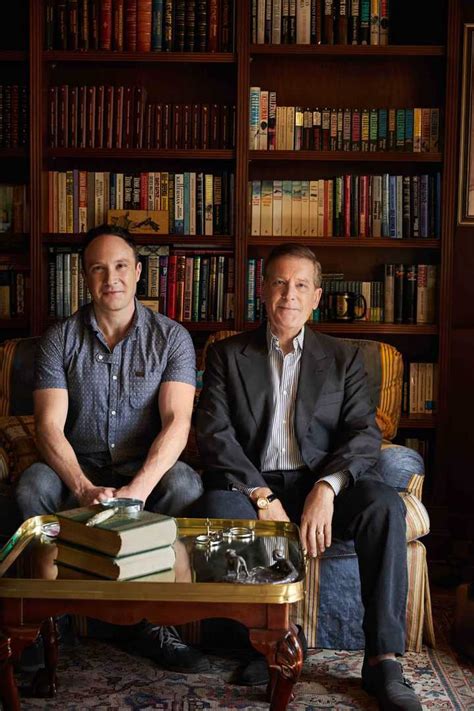A Quote by David Shields
You don't think anyone who lives an ordinary life has plenty of trouble and torment to write about?
Related Quotes
People write about getting sick, they write about tummy trouble, they write about having to wait for a bus. They write about waiting. They write three pages about how long it took them to get a visa. I'm not interested in the boring parts. Everyone has tummy trouble. Everyone waits in line. I don't want to hear about it.
It seems like many people think that if you drive yourself crazy, then you can write. I’m absolutely not interested in that. It made sense to me to be as whole and well as I could be, and as happy. I wanted to see what a fortunate life would produce. What writing would come out of a mind that didn’t try to torment itself? What did I have to know? What did I have to do rather than what can I torment and bend myself into doing? What was the fruit on that tree?
I don’t think there is any such thing as an ordinary mortal. Everybody has his own possibility of rapture in the experience of life. All he has to do is recognize it and then cultivate it and get going with it. I always feel uncomfortable when people speak about ordinary mortals because I’ve never met an ordinary man, woman, or child.


































